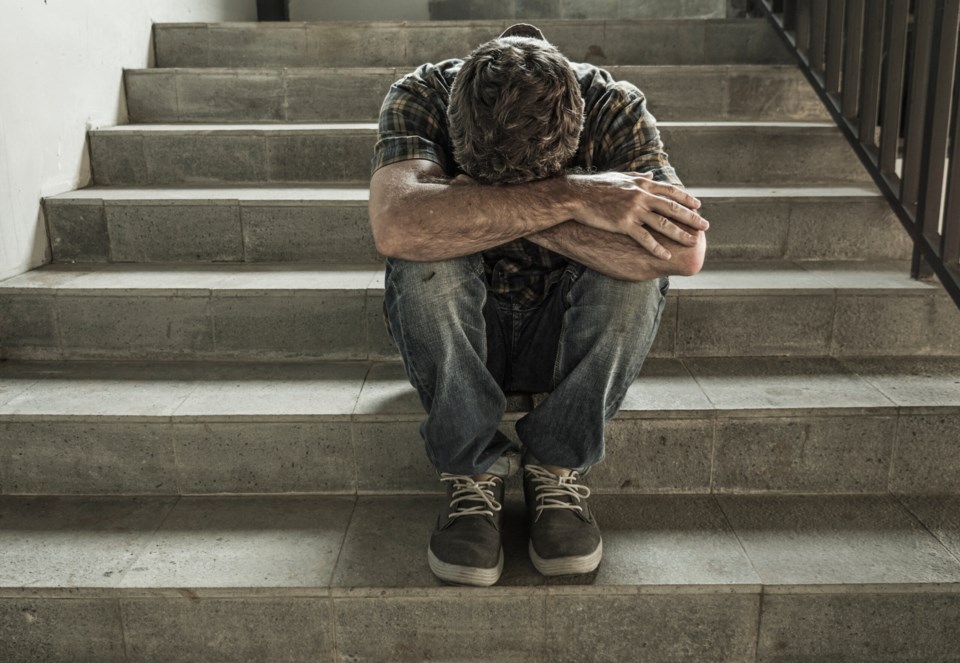The statistics make clear that Black women and men are more likely to be involuntarily hospitalized as a result of New York City Mayor Eric Adams' Mental Health Crisis Plan. Black adults who live below the poverty line are more than twice as likely to report serious psychological distress than those more financially stable. African Americans are more likely to use emergency rooms rather than mental health experts and 20% more likely to have serious psychological distress than whites are.
Given the challenges of living during a pandemic and decades-long bandaid for New York City's mental health crisis, it does not surprise me that the city's crisis and the loud voices of people who abhor seeing homeless and mentally ill people, especially in their neighborhoods, that the mayor devised a plan.
As someone who has worked with community-based organizations serving the city's most vulnerable members and is a long-time resident of Fort Greene and Bedford Stuyvesant, I have been acutely aware of the mental health crisis in the Big Apple for some time.
As a person who developed depression after a workplace injury and PTSD after a sexual assault by a person I believe was mentally ill and homeless, I became intimately familiar with the void in services and mental health providers in the city.
So I was curious to see how the mayor would work to provide adequate services for the mentally ill and especially the severely mentally ill.
Would his plan help those living with acute mental health conditions and diseases that cause people to people to dangerous to themselves and others, people with behavioral health challenges? Would his plan be bold and compassionate and result in much-needed services and safer communities and subways for New Yorkers and tourists?
Are the challenges so complex and daunting that the mayor and his team would fail to treat those encountered under the plan with dignity and to give them the support and care they need to heal and thrive, to ensure the most-vulnerable are not left behind?
A green light to involuntary hospitalization to first responders who are not trained in behavioral health care is not what dignified intervention, what compassionate care, for these New Yorkers looks like.
When a friend's adult daughter was dealing with a mental health crisis, the concerned mother sought help from a public hospital. My friend, who is resourceful and an educator, reflected on the experience getting help and services for her daughter. She felt lost and overwhelmed, was surprised and astonished. She described NYU's emergency room as okay until the younger woman resisted medicine.
Because she refused it, they held her and gave it to her. They said she needed it. Was it because she was very emotional and adamant that she was not taking it? Was it because she was a black woman? After two and half days NYU transferred her to Maimonides. She had no say and was not free to leave. My friend described the facility as "scary, drab, dreary and cheap looking." She added, "Just stark and dismal." There were no pictures on the walls, no soft lighting.
As a parent, a caregiver, a sibling, a spouse, you want your loved one to get the help needed if he/she/they are violent and can be overpowering. The mayor's plan gives too much power to others including first responders to trample on the distressed's rights.
They may not be dealing with anxiety, depression, PTSD or other mental illness on any given day. But the stress of work, family, life can effect even the most well-intentioned and compassionate. An argument with a spouse or teenage child or an unfair directive from a supervisor may impact an officer or hospital staff when she encounters someone in distress and lead to opinion that he/she/they is/are a danger to himself.
My friend felt the hospital staff could say her daughter was a danger to herself or others because she refused medicine. The message: when you calm down you will be back on the street.
About the mayor's approach, she said, "It seems like a round up."
The mayor must do a lot more to make sure the most vulnerable are not rounded up and left behind and that they can get the help and support they need so they can have good lives and not pose a danger. They must have more access to the care and resources they need and the care must be compassionate.
More mental health practitioners that people in need can access must be made available in our communities. More must be done to tackle mental health concerns before they reach the level the mayor's plan is intended to address.
More must be done to prevent the challenges and issues that lead to distress--lack of affordable housing; racist policing practices and police violence and systemic racism.




